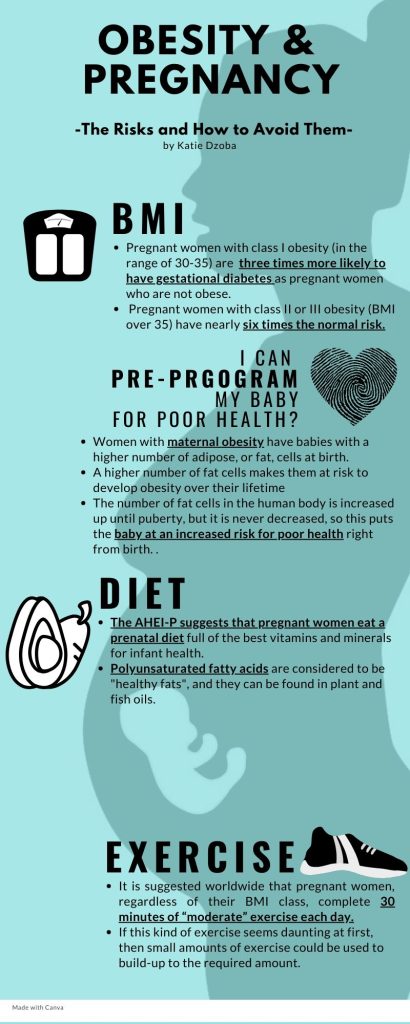
Pregnancy and Obesity: Understanding the Risks and Managing the Challenges
Obesity has become a prevalent health concern worldwide, affecting millions of individuals, including pregnant women. Pregnancy and obesity pose unique challenges and risks to both the mother and the developing fetus. This article aims to provide a comprehensive understanding of the impact of obesity on pregnancy, explore the associated risks, and discuss strategies for managing these challenges.
Prevalence and Impact of Obesity in Pregnancy
Obesity is defined as having a body mass index (BMI) of 30 or higher. According to the Centers for Disease Control and Prevention (CDC), approximately 24% of pregnant women in the United States are obese. This prevalence has been steadily increasing over the past several decades.
Obesity during pregnancy has been associated with various adverse outcomes, including:
- Maternal Complications:
- Gestational diabetes
- Preeclampsia
- Preterm birth
- Cesarean delivery
- Postpartum hemorrhage
- Fetal Complications:
- Macrosomia (large birth weight)
- Neural tube defects
- Congenital heart defects
- Stillbirth
Mechanisms Linking Obesity to Pregnancy Complications
The mechanisms underlying the link between obesity and pregnancy complications are complex and involve multiple factors:
- Hormonal Imbalances: Obesity can alter hormone levels, such as insulin and leptin, which play crucial roles in pregnancy. These imbalances can contribute to insulin resistance, inflammation, and impaired fetal growth.
- Metabolic Disturbances: Obese individuals have altered glucose and lipid metabolism, which can lead to gestational diabetes and other pregnancy-related complications.
- Placental Dysfunction: Obesity can affect placental function, impairing nutrient and oxygen delivery to the fetus.
- Inflammation: Obesity is associated with chronic inflammation, which can contribute to preeclampsia and other adverse outcomes.
Management of Obesity in Pregnancy
Managing obesity during pregnancy is essential to mitigate the associated risks. The following strategies are recommended:
- Preconception Care: Women who are obese or overweight before pregnancy should seek preconception counseling to address weight management and improve their overall health.
- Nutritional Counseling: Pregnant women with obesity should receive personalized nutritional counseling to ensure adequate intake of essential nutrients while limiting weight gain.
- Physical Activity: Regular physical activity, as recommended by a healthcare provider, can help improve glucose control, reduce inflammation, and promote overall well-being.
- Medication: In some cases, medications may be necessary to manage conditions such as gestational diabetes or preeclampsia.
- Monitoring and Support: Pregnant women with obesity require close monitoring throughout pregnancy to assess their health and the well-being of the fetus. Support groups and counseling can provide emotional and practical assistance.
Long-Term Implications
Obesity in pregnancy can have long-term implications for both the mother and the child:
- Maternal Health: Obese women who have been pregnant are at increased risk for developing chronic diseases such as heart disease, stroke, and type 2 diabetes later in life.
- Child Health: Children born to obese mothers have a higher risk of obesity, cardiovascular disease, and other health problems in adulthood.
Conclusion
Obesity during pregnancy is a significant health concern that poses risks to both the mother and the developing fetus. Understanding the mechanisms linking obesity to pregnancy complications and implementing effective management strategies are crucial to improve outcomes. Preconception care, nutritional counseling, physical activity, medication when necessary, and ongoing monitoring and support are essential components of managing obesity in pregnancy. By addressing this issue, we can promote healthier pregnancies and improve the long-term health of both mothers and their children.